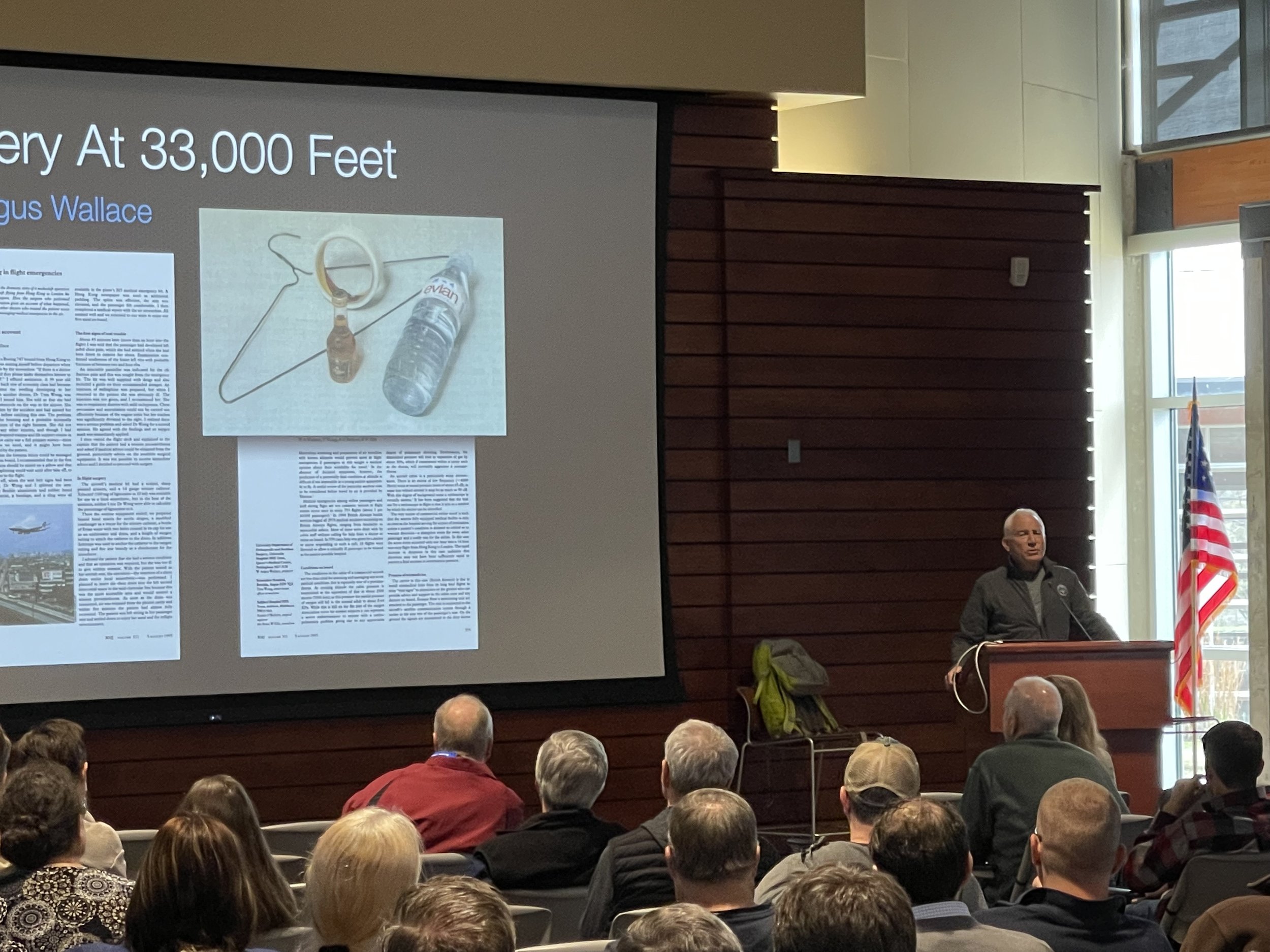The agenda for the 2023 Expedition Medicine National Conference is now posted!
We are pleased to include a number of interesting and diverse topics covering wilderness medicine, tropical medicine, travel medicine, snake envenomations, medical evacuations, and more.
Please refer to the agenda below for the full list of topics and speakers for our upcoming conference!
Friday, April 21st, 2023
8:00-9:00 am The Expedition Physician, Donner
9:00-10:00 am Malaria, Townes
10:00-10:15am Break
10:15-11:15 am Backcountry Medical Kits, Donner
11:15-12:15 pm Travel Vaccines, Freedman
12:15-1:30pm Lunch
1:30-2:30 pm North American Snake Envenomations, Bush
2:30-3:30 pm Viral Diseases in Travelers, Freedman
3:30-4:30 pm Geospatial Technology in Humanitarian & Disaster Response, Greenough
4:30-5:30 pm Disaster on Everest, Kamler
Saturday, April 22nd, 2023
8:00-9:00 am Backcountry Water Disinfection & Purification, Donner
9:00-10:00 am Schistosomiasis, Freedman
10:00-10:15am Break
10:15-11:15 am High-Altitude Medicine, Donner
11:15-12:15 pm International Snake Envenomations, Bush
12:15-1:30pm Lunch
1:30-2:30 pm Cruise Ship Medical Evacuation, Callahan
2:30-3:30 pm Fever in the Returned Traveler, Freedman
3:30-4:30 pm Spider Bites, Bush
4:30-5:30 pm Wilderness EMS, Hawkins



